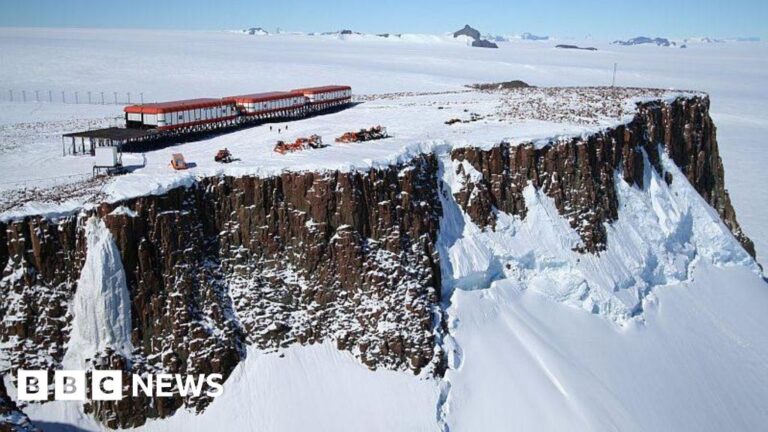Here is the text only, without any HTML code or extra lines:
Last month was the world’s warmest January on record and raised further questions about the pace of climate change, scientists say. January 2025 had been expected to be slightly cooler than January 2024 because of a shift away from a natural weather pattern in the Pacific known as El Niño. But instead, last month broke the January 2024 record by nearly 0.1C, according to the European Copernicus climate service.
The world’s warming is due to emissions of planet-heating gases from human activities – mainly the burning of fossil fuels – but scientists say they can’t fully explain why last month was particularly hot.
It continues a series of surprisingly large temperature records since mid-2023, with temperatures around 0.2C above what had been expected. “The basic reason we’re having records being broken, and we’ve had this decades-long warming trend, is because we’re increasing the amount of greenhouse gases in the atmosphere,” Gavin Schmidt, director of Nasa’s Goddard Institute for Space Studies, told BBC News. “The specifics of exactly why 2023, and 2024, and [the start of] 2025, were so warm, there are other elements involved there. We’re trying to pin those down.”
January 2025 ended up 1.75C warmer than January temperatures of the late 19th Century, before humans started significantly warming the climate.
A number of theories have been put forward for why the last couple of years have been warmer than anticipated. One idea involves a prolonged response of the oceans to the 2023-24 El Niño.
The fact that sea temperatures in other regions of the world remain particularly warm could suggest “that the behaviour of the ocean is changing”, according to Samantha Burgess, deputy director of Copernicus.
The “nightmare scenario” would be an extra cloud feedback, where a warming ocean could cause low-level reflective clouds to dissipate, in turn warming the planet further.
What they do know, however, is that further records will follow sooner or later as humanity continues to heat up the planet. “In time, 2025 is likely to be one of the cooler years that we experience,” Dr Burgess said. “Unless we turn off that tap to [greenhouse gas] emissions, then global temperatures will continue to rise.”
Source link




